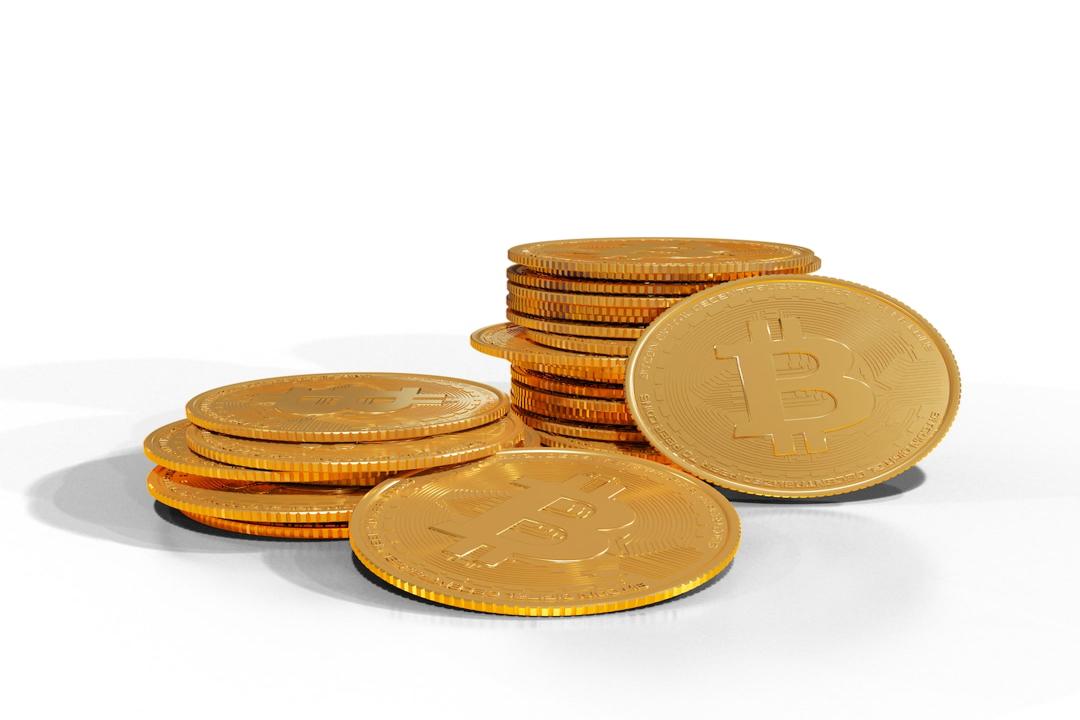Despite its growing popularity, the blockchain is lacking the necessary infrastructure for game developers to create games on Solana, according to Chris Zhu, CEO of Mirror World. In an interview with Cointelegraph, Zhu explained that Solana gaming developers do not have access to certain features that are readily available on other blockchains, such as cross-chain swaps and crypto on- and off-ramps. He stated that shared Solana layers are not designed with specific applications in mind and may not support the custom features required for gaming applications, such as privacy, instant settlements, and asset transfer rules.
To address this issue, Solana gaming studio Mirror World Labs recently secured $12 million in its first Series A funding round, led by Bitkraft, Galaxy Interactive, Big Brain Holdings, and others. The funding will be used to further develop its gaming rollup, Sonic, which was launched in March. Zhu noted that developers have responded positively to Sonic’s technical capabilities, but some have requested that the main token liquidity be on Solana mainnet. To accommodate this, Mirror World Labs has enabled atomic interoperability through the HyperGrid Framework, allowing games to process logic on Sonic while maintaining liquidity on the mainnet.
Mirror World’s goal is to achieve a controlled aggregated transaction settlement of 12,000,000 transactions per second on Sonic and HyperGrid, supporting a variety of multiplayer real-time gaming transactions. To accomplish this, the company has worked closely with Solana validators, with the support of investor Galaxy Interactive, the largest validator on Solana. Currently, Sonic is the only software development kit (SDK) on Solana, as its closest competitor, Eclipse, aims to build a Solana Virtual Machine (SVM) layer 2 on Ethereum. Mirror World is looking to attract gaming assets and developers who want to build on Solana Virtual Machine, distinguishing itself from other gaming chains on Ethereum.
Mirror World believes that the novel Sonic protocol could help other developers deploy SVM chains to support their own GameFi projects, as Solana’s gaming aspect has not seen similar levels of success compared to the memecoin boom and decentralized application market growth. The company is optimistic that Sonic will address the infrastructure challenges facing Solana gaming developers and contribute to the growth of the blockchain’s gaming sector.
Trending
- KiloEx Exchange Exploiter Restores All Stolen Funds Following $7.5 Million Hack
- Hashkey Targets XRP ETF in Asia with New Fund Supported by Ripple
- Sygnum Predicts Potential Altcoin Rally in Q2 2025 Due to Enhanced Regulations
- Media Tycoon Files Counterclaim Against Justin Sun in $78 Million Sculpture Dispute
- Yemenis are embracing DeFi in response to US sanctions on the Houthi group
- Saylor and ETF Investors’ ‘Stronger Hands’ Contribute to Bitcoin Stabilization — Analyst
- Bitcoin Dip Buyers Show Interest at BTC Range Lows, Yet Remain Risk-Averse Until $90K Establishes Support
- Kyrgyzstan’s President Enacts CBDC Legislation Granting Legal Status to ‘Digital Som’

